This achievement highlights the importance of having local companies that grow and strengthen internationally, not only for the country of origin, in this case, Argentina, but also for all of Latin America. The growth of companies like Mercado Libre not only boosts the local economy by creating jobs and commercial opportunities, but also contributes to the technological and financial development of the region.
The positive impact of Mercado Libre extends beyond Argentina, benefiting countries like Brazil, Mexico, and others in Latin America. But fundamentally, it generates competitiveness and growth that is much needed not only in Argentina but in the region as a whole.
The culture of moving away from statism and unsustainable state-controlled companies is a harsh reality for all of Latin America. In addition to expropriated companies, the fact that many companies in Latin American countries lack the culture, context, and competencies to be leaders beyond their borders is a harsh reality "silenced" by ideological distortion that influences the media and journalists.
The growth of Mercado Libre is beneficial not only for Mercado Libre itself but for the entire industry in America, instilling confidence in their countries, economies, culture of progress, and work. It may seem minor, but it is drastically important.
The development of generations culturally in healthy, legal, fair, and honest conditions of the free market in many countries is synonymous with generations that broaden their vision, culture, mind, leaving behind ideological dogmas, political biases, and economic and partisan fanaticism.
This is "seen," evaluated as very positive for all Latin American startups trying to achieve growth from Miami.
Mercado Libre, the school that to build good companies, in addition to the core business, one must have many more business expansions.
The e-commerce and financial services platform, such as Mercado Pago, has revolutionized the way transactions are conducted in the region, facilitating access to products and services for millions of users.
Mercado Libre's expansion into areas like logistics and fintech has been crucial to its growth and consolidation as a regional leader.
The increase in processed payment volume, the number of monthly active users, and the shipment of items reflect the positive impact that the company has had in the region.
Long-term strategy and investments in technology and customer service have been key to Mercado Libre's success. The company has shown its ability to adapt to market demands and offer innovative solutions that meet consumers' needs in the digital age.
Mercado Libre Today:
It ranks above other Latin American giants such as Petrobras (US$ 87.640 billion), Itaú (US$ 56.500 billion), and Walmart Mexico (US$ 54.950 billion).
With so many fluctuations in the stock market, Mercado Libre's ADRs are the only ones with good performance on Wall Street.
In the fintech segment, it continues to grow: the total payment volume (TPV) recorded a 36% year-on-year increase.
In its latest balance sheet, the company reported a 42% growth in sales and a 103% increase in net profit, reaching US$ 531 million.
Specifically, net revenues were US$ 5.100 billion in the second quarter, above the market estimate of US$ 4.700 billion. Another key point is that the growth of unique buyers accelerated, reaching nearly 57 million, while the growth of items sold accelerated to 29%, in both cases the fastest growth since early 2021.
Regarding its logistics, Mercado Libre shipped 416 million items in the second quarter of this year, improving by 30% year-on-year.
The effect of culture on society and the economy: For a country like Argentina and for Latin America as a whole, having companies like Mercado Libre that lead the way in e-commerce and financial services is crucial for driving economic growth, innovation, and competitiveness in the region. These companies not only generate wealth and employment but also promote the development of a dynamic and prosperous business ecosystem.
In conclusion, Mercado Libre's leadership in Latin America is not only an achievement for the company itself but also a significant milestone for the region as a whole. Its positive impact on the economy, technology, and innovation underscores the importance of fostering the growth of local companies with international projection to promote sustainable development and competitiveness in Latin America.
IG: @infonegociosmiami
Registrate sin cargo, ahora, aquí.
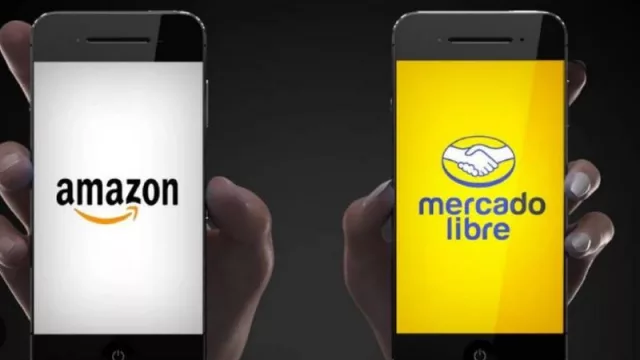



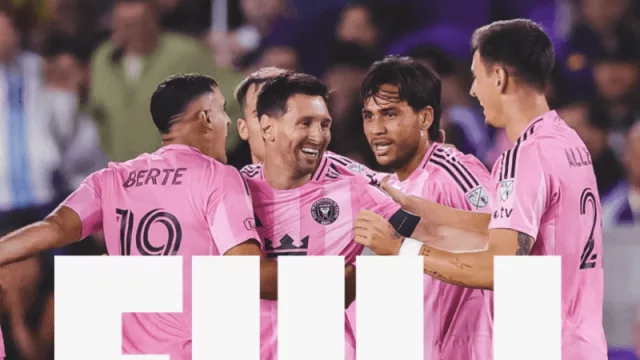


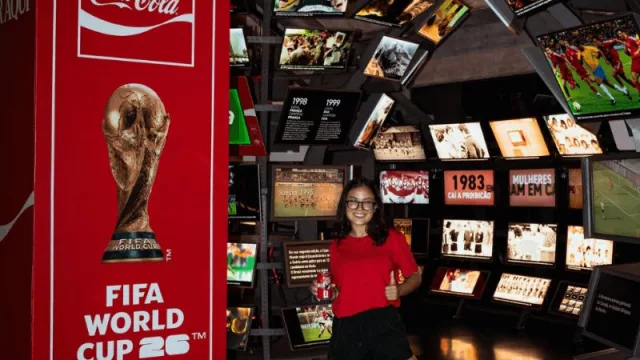
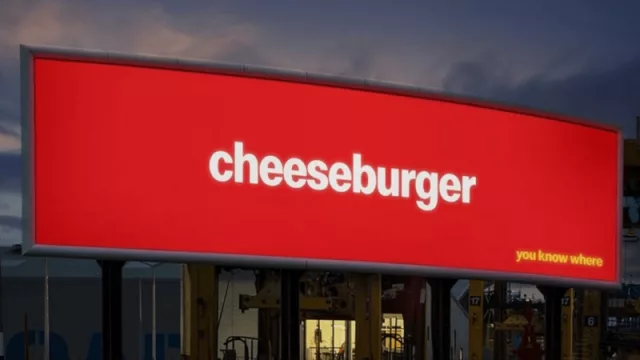
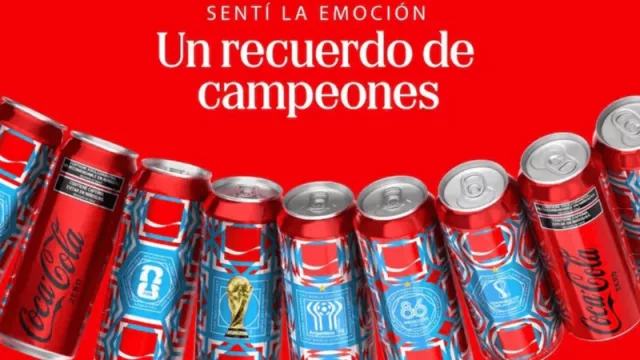


Tu opinión enriquece este artículo: